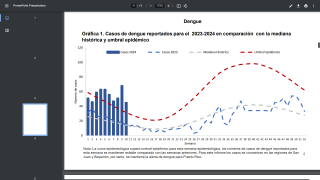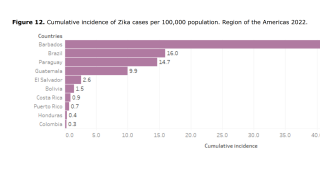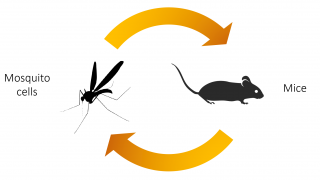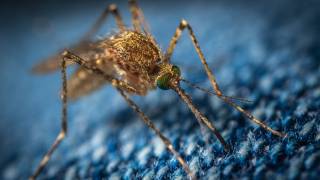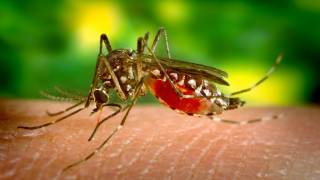Zika Mosquitoes Visible Under Ultralights
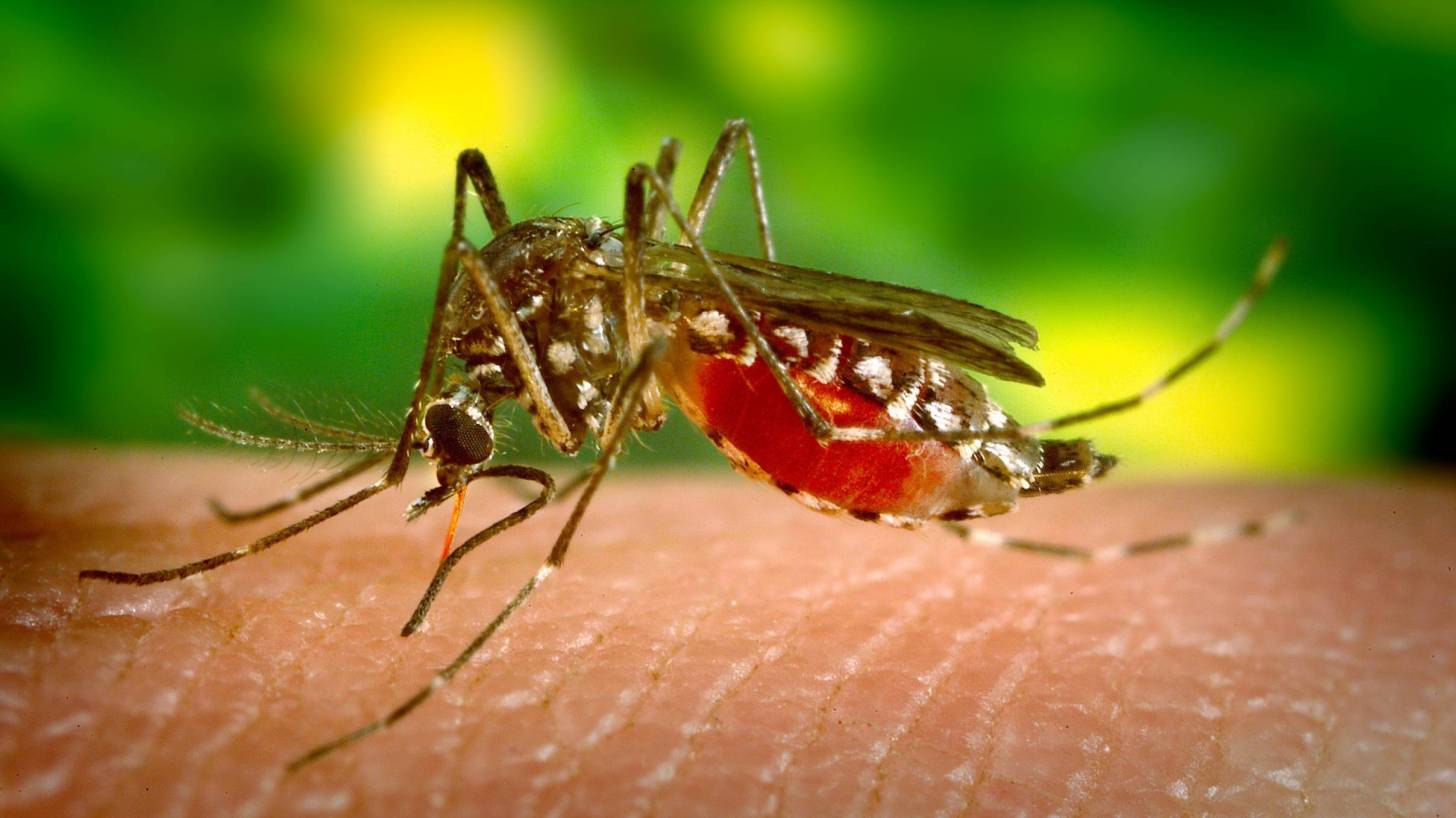
The global spread of the Zika virus has increased the need for more proactive mosquito surveillance.
The Zika virus is an arthropod-borne virus in the genus Flavivirus and the family Flaviviridae.
However, a major challenge during arbovirus outbreaks has been the lack of rapid and affordable tests for pathogen detection in Aedes aegypti and Aedes albopictus mosquitoes.
Conventional screening in mosquito vectors involves time-consuming analysis using molecular techniques, such as quantitative reverse transcription polymerase chain reaction (RT-qPCR).
A new study reports for the first time that the near-infrared spectroscopy (NIRS) tool that can be used to non-invasively detect the Zika virus in heads and thoraces of intact Aedes aegypti mosquitoes.
NIRS involves shining a beam of light on a mosquito to collect a diagnostic spectrum.
And, the NIRS tool was found to be a rapid, reagent-free, and cost-effective.
The NIRS tool was reported to be 94.2 to 99.3 percent accurate relative to RT-qPCR.
These researchers estimated in this study that NIRS is 18 times faster and 110 times cheaper than RT-qPCR.
At present, NIR detection of Zika in mosquitoes is not “field ready,” to achieve robust validity for field applications, said these researchers.
One major drawback of NIRS is the need to purchase a spectrometer with high enough sensitivity to identify the virus. These devices cost about $60,000 each.
This study excluded the cost of a NIR spectrometer and a real-time PCR thermal cycler.
The researchers anticipate that NIRS will be expanded upon for identifying potential arbovirus hotspots to guide the prioritization of resources for mosquito control.
This work was supported by the United States Agency for International Development Combating Zika and Future Threats (award no. AID-OAA-F-16-00100), the Brazilian Research Councils MCTIC/FNDCT-CNPq/MEC-CAPES/MS-Decit E14/2016 (award no. 440929/2016-4), and Fundação de Amparo à Pesquisa do Estado do Rio de Janeiro E18/2015.
The authors declare that they have no competing interests.
Our Trust Standards: Medical Advisory Committee


